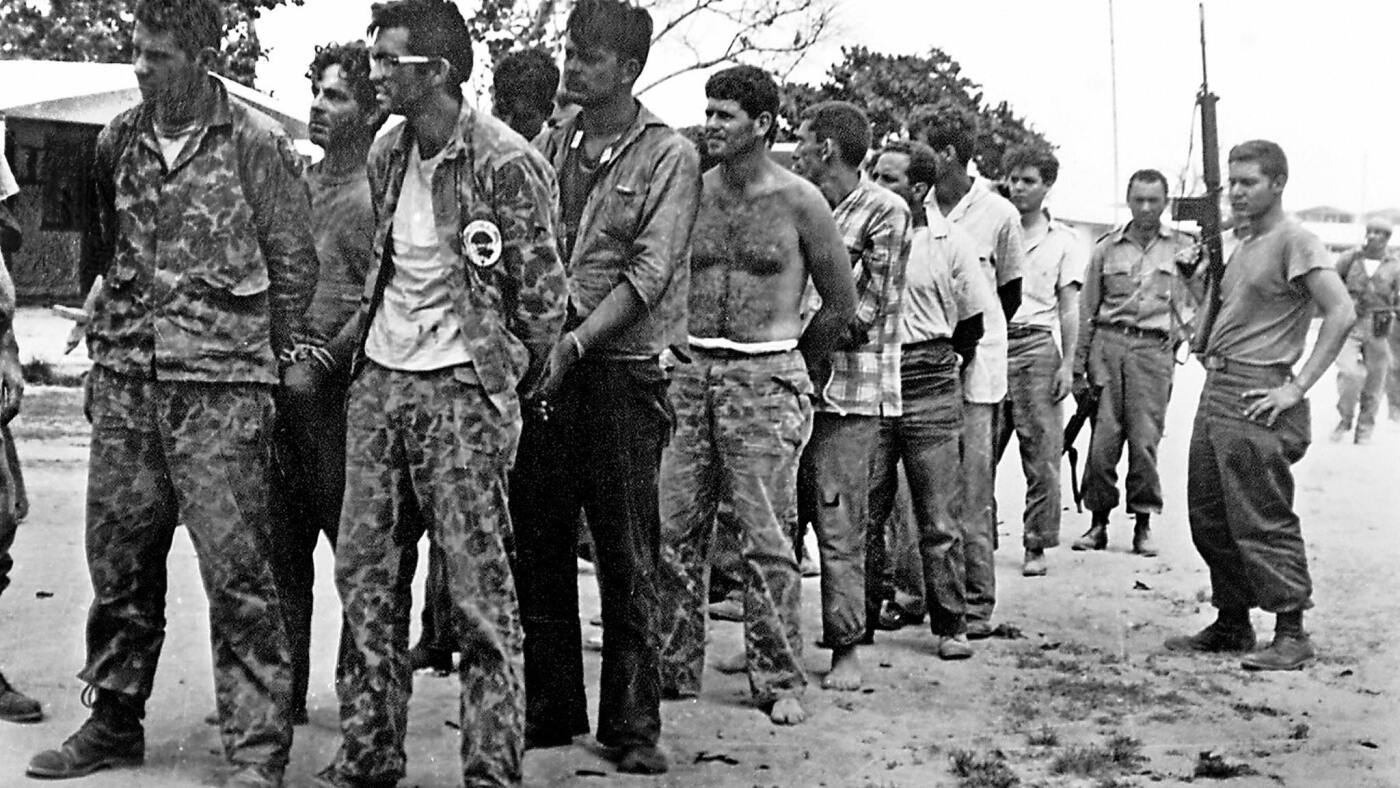The **Bureau of Alcohol, Tobacco, Firearms and Explosives (ATF)** is a federal law enforcement agency within the U.S. Department of Justice, established as an independent bureau in 1972. It enforces federal laws related to firearms, explosives, arson, and the diversion of alcohol and tobacco products, aiming to protect the public from violent crime, terrorism, and criminal organizations[1][2][3][6].
ATF's core responsibilities include regulating the lawful commerce in firearms and explosives, investigating violations of the Gun Control Act and National Firearms Act, overseeing the importation and trafficking of arms and ammunition, and enforcing explosives laws such as the Safe Explosives Act of 2002. It also investigates acts of arson and bombings and combats illegal trafficking and tax evasion in alcohol and tobacco products[1][2][5]. The agency operates specialized facilities, such as a fire research laboratory in Beltsville, Maryland, to reconstruct arson crime scenes[3].
Historically, the ATF originated from the Prohibition-era enforcement of alcohol laws, evolving significantly over the decades. It was part of the Treasury Department before moving to the Justice Department post-9/11, reflecting an expanded focus on explosives and terrorism-related threats[4]. The agency has faced high-profile controversies, including the 1992 Waco siege involving the Branch Davidians cult and the Ruby Ridge standoff, which have influenced public perception and calls for reform[2][3][4].
The ATF collaborates extensively with local, state, and federal law enforcement through task forces and partnerships like Project Safe Neighborhoods. It also provides training and technical expertise to regulated industries and law enforcement partners, enhancing its ability to address violent crime and terrorism effectively[1][5][6].
With over 5,000 employees and an annual budget near $1.5 billion (as of 2021), the ATF remains central to U.S. efforts to balance public





